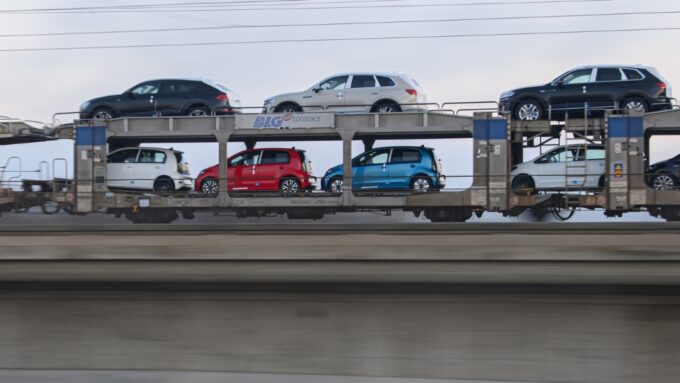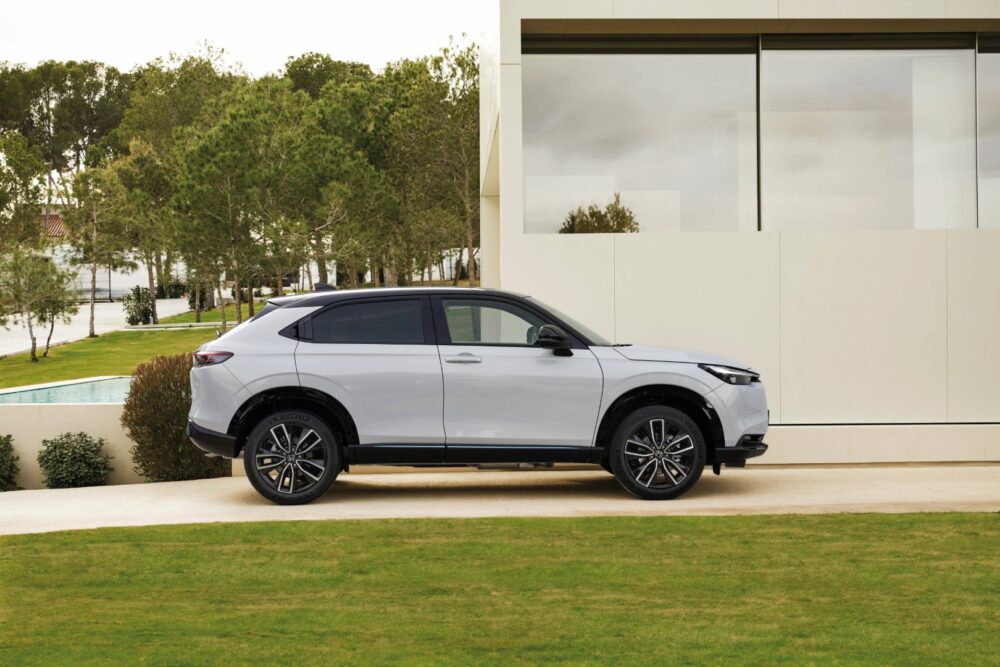Industry: No understanding for the Federal Council
EVERYTHING IS DIFFERENT That's all we needed. With the revised CO2 Ordinance due to come into force at the beginning of 2022, the Federal Council is throwing an additional spanner in the works of the Swiss automotive industry in the midst of the chip crisis.

For the Association of Swiss Automobile Importers auto-schweiz, it is clear that the short-term change in regulations regarding the CO2 fleet calculation of new passenger cars represents an additional cost burden for the entire economy.
At the same time, the removal of the phased introduction and special targets for small-series and niche manufacturers will have no impact on the effective CO2 emissions of new cars - especially as one in four new passenger cars already had an electric drive in October.
Deletion from the CO2 regulation 2022
As the Federal Council has announced, it is removing the 95 percent phasing-in for new passenger cars in 2022 from the CO2 Ordinance just a few weeks before the turn of the year. This regulation once guaranteed a gradual introduction of the new CO2 target values.
In addition, the targets for small series and niche manufacturers originally adopted by the European Union will be abolished in the short term, although they remain valid in the EU. Both changes will have hardly any CO2-reducing but only cost-increasing effects.
Short-term changes in long-established production and delivery schedules on the part of manufacturers are hardly possible - especially since the chip crisis and the associated shortage of semiconductor products are already leading to massive restrictions.
Federal Council on the path of cost driving
Despite the rejection of the costly CO2 law at the ballot box, the Federal Council is going back on the path of cost-cutting, summarizes the auto-schweiz media spokesman the decision.
Christoph Wolnik: "Our industry has already been severely affected by the consequences of the COVID 19 pandemic and the now prevailing shortage of microchips. The short-term change in CO2 regulations will result in yet another additional cost for the overall economy in vehicle procurement, on top of the impact of the chip crisis."
CO2 regulations for new passenger cars
Wolnik, on the other hand, cannot detect a stronger incentive for the sale of electrically powered vehicles in the short-term tightening of CO2 regulations for new passenger cars:
Christoph Wolnik: "In October, every fourth new car in Switzerland was an electric car or a plug-in hybrid. This means that importers have pulverized the original market target of the Electromobility Roadmap of 15 percent plug-in vehicles in 2022."









